Firstly, microsleep is when a person falls asleep for a few seconds and usually, they aren’t aware of it. Some may also experience microsleep in the middle of doing something important, whether at school, work or even while watching television.
Dangerous aspects of microsleep include falling asleep while driving or operating machinery. This is when unforeseen accidents may occur which could lead to grievous injury or death. Causes of microsleep include drowsiness from sleep disorders such as insomnia, sleep apnea or narcolepsy.
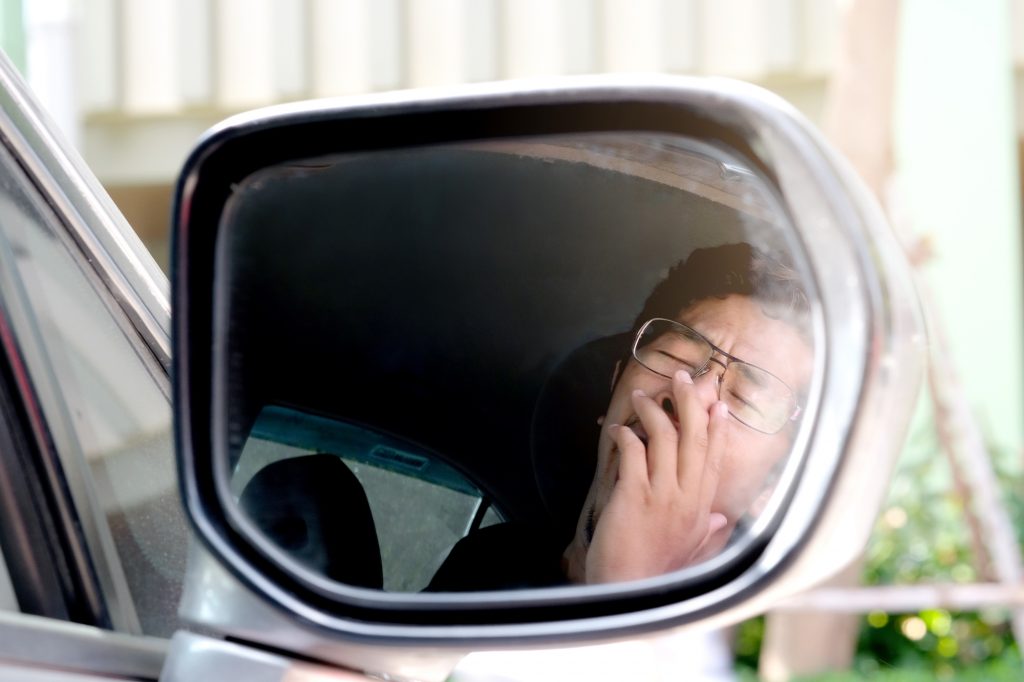
Symptoms of microsleep might be a little difficult to pinpoint because it’s possible to fall asleep while your eyes just start to close. Symptoms include, not responding to information, staring blankly, dropping head, sudden body jerking, slow blinking and inability to remember the past one or two minutes. If you feel like you’re unable to keep your eyes open, yawning a lot, or constantly blinking to stay awake, these are the signs that an episode of microsleep could be occurring.
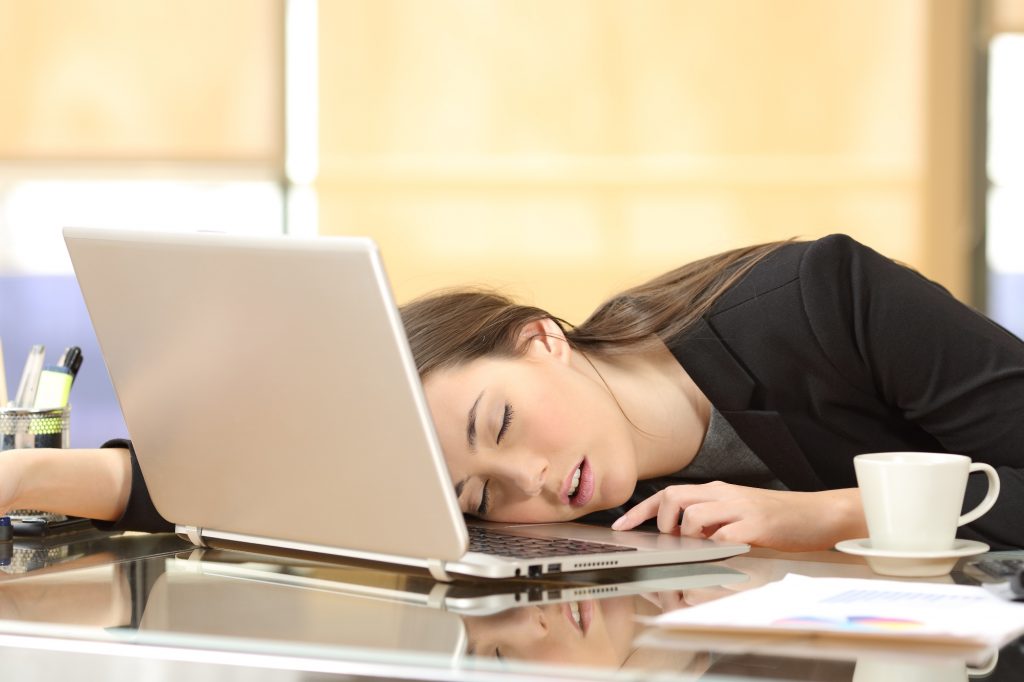
SLEEP DEPRIVATION
Microsleep can occur during the times that you normally sleep as well such as late at night or early in the morning. However, we want to focus on episodes of microsleep that occur when you’re sleep deprived.
Did you know that one in five adults are sleep deprived? Sleep deprivation can lead to daytime sleepiness, feeling irritable, poor performance at work or school and being forgetful. Serious complications from the lack of sleep include hypertension, obesity and heart attacks!
To keep yourself and other drivers on the road safe, only drive when you feel alert.
PREVENTING A DISASTER
It is best to nip microsleep in the bud and ensure that you get enough sleep at night which for a healthy adult can range from seven to nine hours. If you find it difficult to fall asleep at night, it’s time to make a few lifestyle changes.

- Avoid caffeine before going to bed because it’s a stimulant and interferes with your quality of sleep. If you would like a hot drink to help you sleep, have some warmed milk or just a small glass of warm water.
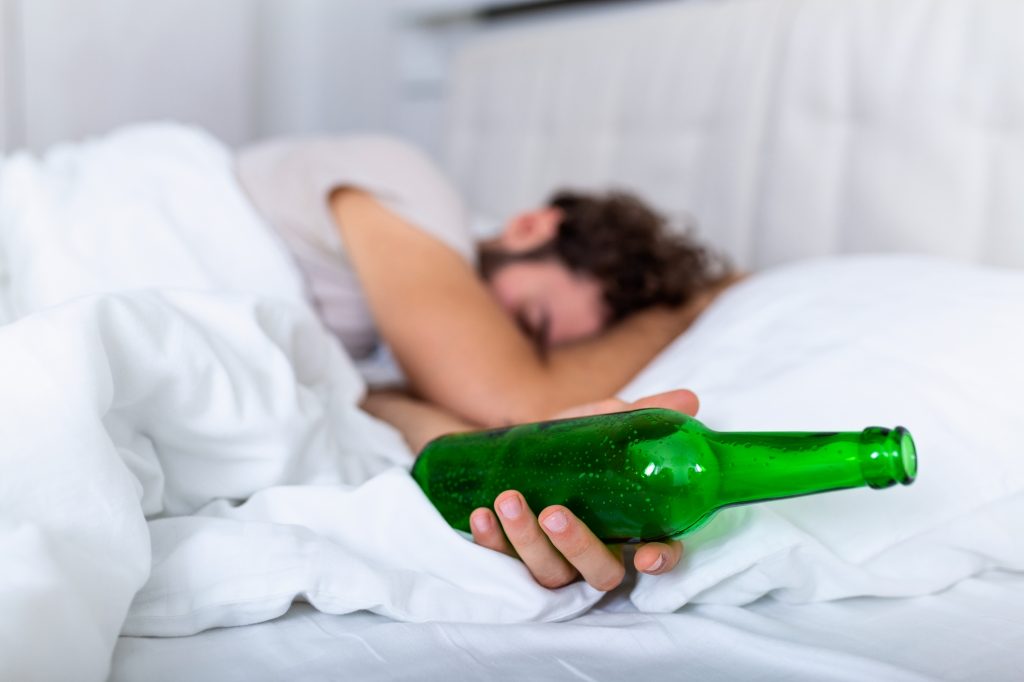
- Some people may think that alcohol would help them sleep but this is untrue. Although alcohol does induce sleep quicker, it reduces rapid eye movement (REM) which usually happens around 90 minutes after falling asleep. REM is when we dream and disruption of this can cause daytime drowsiness and impaired concentration.
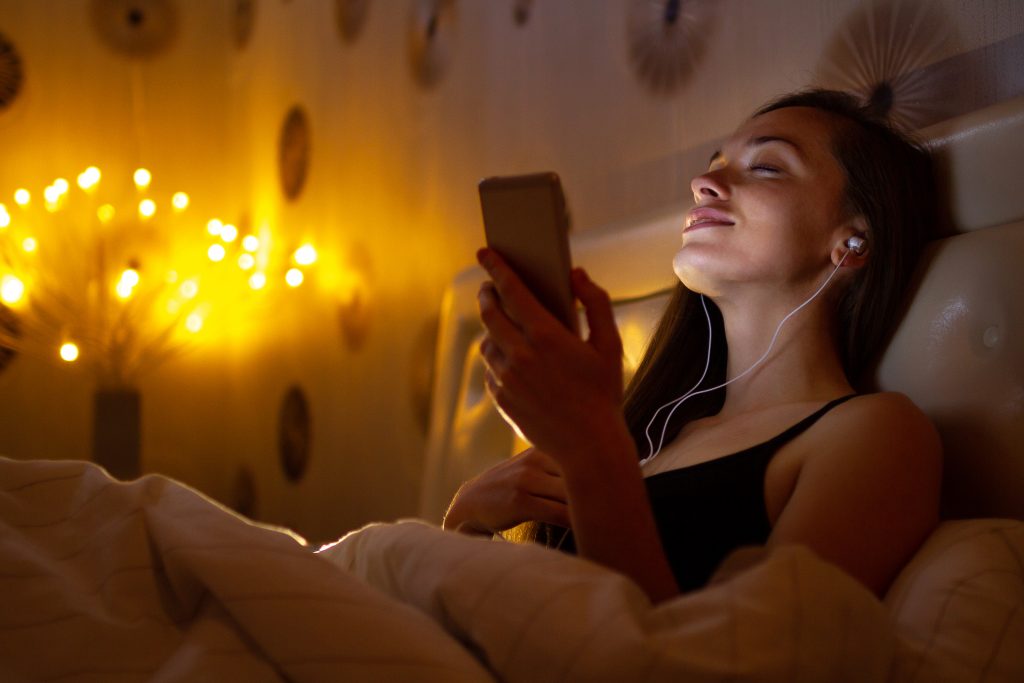
- Avoid going to bed right after exercising or other stimulating activities. Have a ‘wind down period’ before bed. This can be from reading a book to taking a warm shower before going to sleep. These practices will tell your body that it’s time to sleep so it will slow down and relax. Try listening to calm music or meditating.
To keep yourself and other drivers on the road safe, only drive when you feel alert. If you are going on a road trip, do have a companion who can take over if you start becoming sleepy. You must pull over if you are drifting out of your lane, yawning repeatedly, missing the right exits and have heavy eyelids. Alternatives include taking public transport or a taxi to your destination if it isn’t too far away.
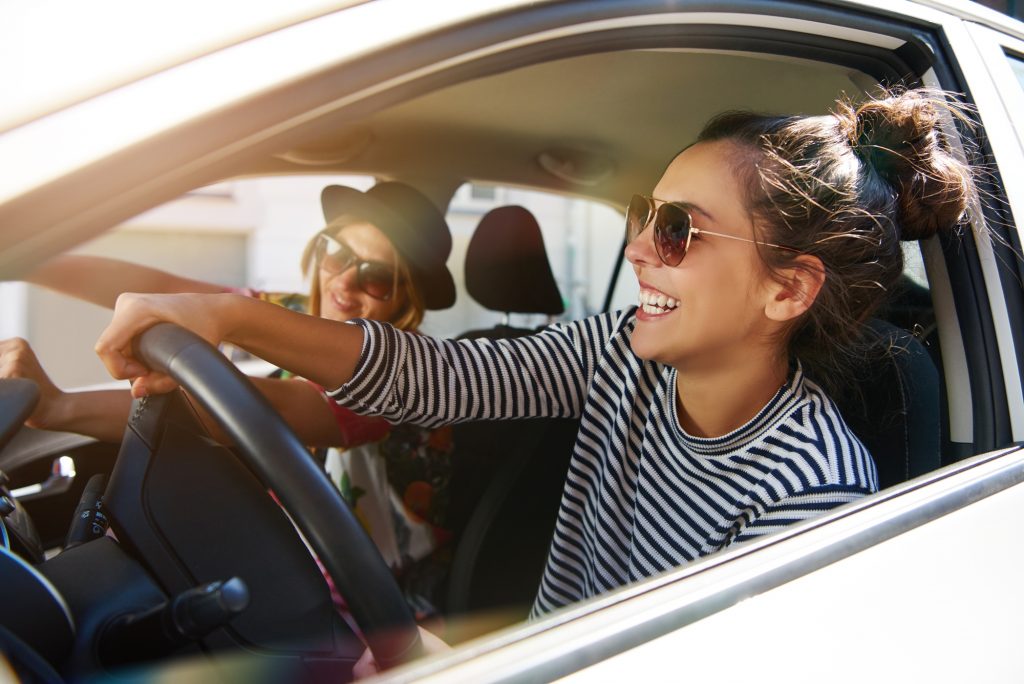
Imagine your boss catching you nodding off – how mortified would you be? If your job involves operating heavy machinery, hold off if you’re feeling sleepy. Talk to your co-workers or have a discussion in order to remain alert and attentive. The best way to fight sleepiness is to regularly get up from your desk and stretch your legs.
If you have made lifestyle adjustments in all areas and still experience microsleep, it is best to see a doctor and have a sleep study done. Finding out why you are constantly sleep deprived can prevent any future mishaps, on top of improving your quality of sleep.
References: Healthline; WebMD











